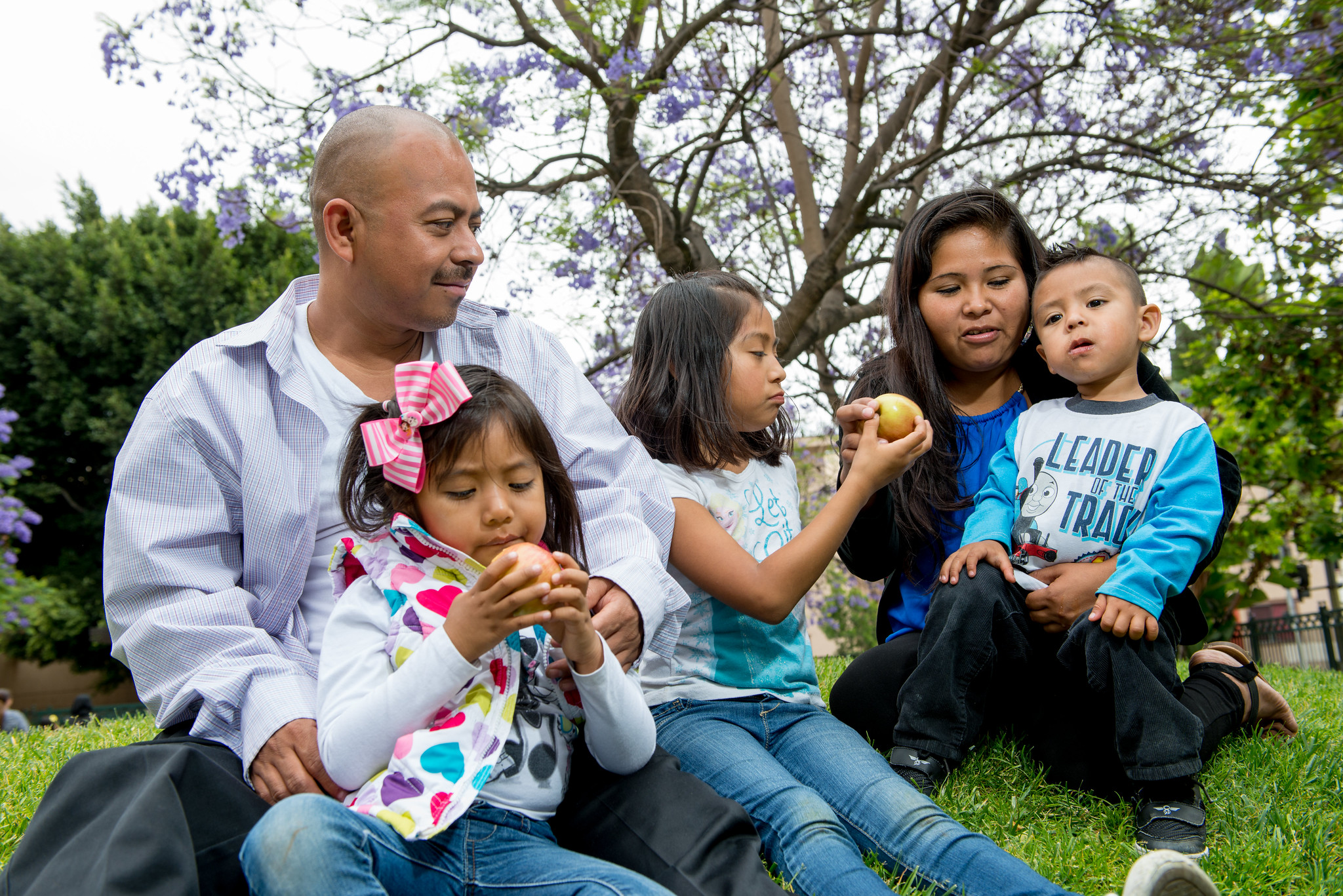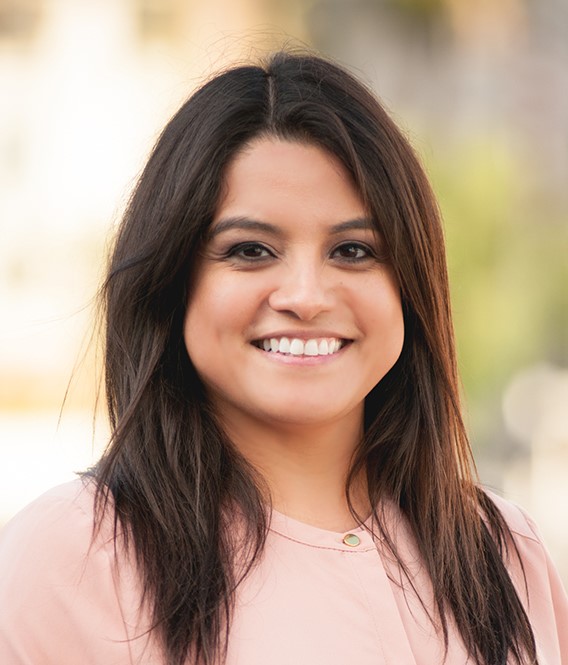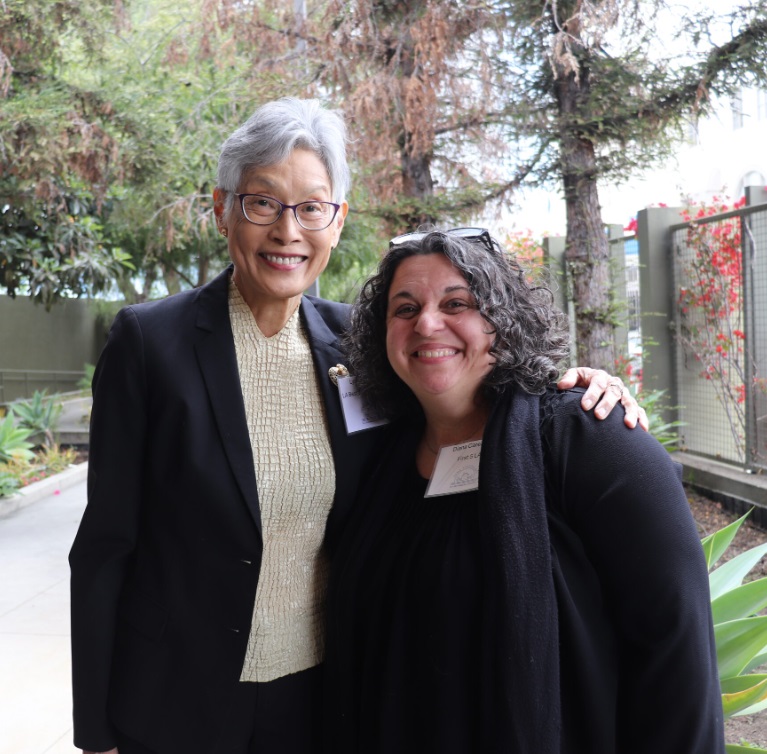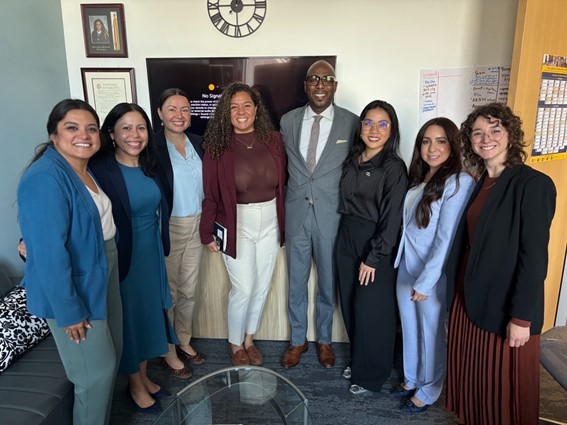July 27, 2023
On July 10, 2023, Gov. Gavin Newsom signed into law the fiscal year (FY) 2023-24 California state budget, a $310.8 billion projected spending plan that marks the second largest budget ever to be enacted in the state’s history despite a $31.5 billion deficit. Featuring $225 billion in state General Funds and $37.8 billion in state reserves, the finalized budget continues to prioritize safety net programs that protect kids and families in the face of the state’s economic uncertainty and spending cuts made to balance the budget.
As they have communicated throughout this year, both the Legislature and the Newsom administration continued to emphasize “protecting the state’s core ongoing programs in education, health care, the human services safety net,” and more as the state’s key overarching goal. However, to balance the budget, spending reductions were made across a variety of areas, including funding for climate projects and K-12 education. Despite this, certain spending on health care and transit managed to be upheld with the renewal of the Managed Care Organization (MCO) tax — intended to increase Medi-Cal provider reimbursement rates and bolster hospitals at risk of failing — and the leveraging of cap-and-trade funds that enabled spending on transit.
Notably, the final budget included provisions that were central in First 5 LA’s advocacy priorities this year, such as investing in early childhood education reforms, strengthening the social safety net through improvements to the CalWORKs program, and identifying new revenue sources to continue expanding and improving Medi-Cal, the state’s Medicaid program. Specifically, the budget included items related to this year’s First 5 LA advocacy priorities:
Early learning rate reform: Child care emerged as a key priority for the Legislature and was an important point of negotiation between Newsom and state lawmakers. Ultimately, the budget agreement provides up to $2.83 billion in one-time funds for child care reimbursement rates and expresses the continued work to move California to a single-rate reimbursement structure using an alternative methodology. The budget agreement also includes family fee reform that reduces child care and preschool family fees to one percent of total family monthly income for families making at least 75 percent of the state median income and removes fees altogether for those earning less. This new fee schedule is scheduled to begin on October 1, 2023.
Child care spaces: Releasing on time the expanded child care spaces that were committed in 2021-22 was a priority of First 5 LA as part of the ECE Coalition. Newsom’s initial budget proposal in January had indicated that, due to low enrollment, he would be delaying 20,000 spaces to FY 2024-25. Despite advocacy from early learning providers, advocates, and other stakeholders, the delay will move forward as planned, saving the state about $136 million in General Funds.
CalWORKs grants: Among other key First 5 LA advocacy priorities, the approved state budget increases CalWORKs cash grants families receive through that program. Starting in FY 2024-25, the budget provides $500 million in ongoing funds to permanently increase CalWORKs grants by 10 percent. This temporary increase was subject to a budget “trigger” included in the 2022 budget, and action now ensures the Maximum Aid Payment through CalWORKs will not expire on September 30, 2024, as would have otherwise occurred. Furthermore, the budget provides an additional $111.2 million in FY 2023-24 to increase the maximum level of CalWORKs aid payments by 3.6 percent. Together, these efforts are meant to ensure that no CalWORKs-eligible family lives in deep poverty.
Continuous Medi-Cal eligibility: Not included in the final budget agreement was continuous Medi-Cal eligibility for young children. First 5 LA advocated the Legislature for the inclusion of this policy, which lawmakers, in fact, did feature in their version of the budget. However, following negotiations with Newsom, continuous eligibility was not funded in this budget. The “trigger” featured in last year’s state budget requires a decision on funding for continuous Medi-Cal eligibility for young children by September 2024, and this means lawmakers and the administration could still include it in next year’s budget.
Medi-Cal Managed Care Organization (MCO) Tax: Lawmakers and the administration also reached an agreement on how to spend new funds from a proposed tax on Medi-Cal managed care organizations (MCO). Pending federal approval, the new MCO tax would be retroactively effective from April 1, 2023, and remain in place through December 31, 2026, bringing in an estimated $19.4 billion in net benefits to the state. Unlike previous state MCO tax regimes, which sent all revenue to General Fund accounts, the current tax plan will provide money to specific health-related accounts. For example, $1.65 billion annually and a total of $11.1 billion over the next decade will be allocated to the Medi-Cal Provider Payment Reserve Fund to provide rate increases to 87.5% of Medicare levels for primary care physicians, obstetricians and doulas, and non-specialty mental health care providers, starting on January 1, 2024. Local Medi-Cal health plan partners have regularly indicated that the rate increase for providers is an important priority. An additional $8.3 billion will flow to the General Fund to support balancing the state’s budget in light of the $31.5 billion deficit.
Overall, the final state budget includes funding for the following First 5 LA priorities:

Expand access to affordable, quality early care and education.
The finalized budget includes the following:
.
- A set aside of $2.8 billion (General Fund and Prop 98) from FY 2022-23, 2023-24, and 2024-25 for any adjustments related to reimbursement for child care and preschool providers. This is subject to a ratified agreement between Child Care Providers United and the administration.
. - Investments to continue waiving family fees, including $29.4 million for child care services and $9.7 million (non-Proposition 98 and Proposition 98 General Fund) reallocated from the 2022 Budget Act for state preschool programs through September 2023.
. - $56 million to reform the state’s family fee schedule for early learning services, which, beginning October 1, 2023, will cap fees at one percent of a family’s total monthly income and will no longer require fees for those earning less than 75 percent of the state’s median income. The Budget also dissolves any debt accrued from state preschool programs prior to October 1, 2023.
. - $112 million in available federal funds to go toward temporary stipends for State Preschool Program employees.
. - $22 million in General Fund to extend “hold harmless” from July 1 to September 30, 2023. This allows early learning providers to continue reimbursement based on enrollment rather than attendance.
. - Intent language permitting the State Department of Social Services (DSS), in collaboration with the State Department of Education (CDE), to develop and conduct an alternative methodology to set reimbursement rates for state-subsidized child care and development services. Data collection and analysis for the development of the alternative methodology will begin July 1, 2023.
. - $357 million in ongoing Prop 98 funds for the first year of implementation of transitional kindergarten (TK) and $283 million in Prop 98 to support the first year of adding one certified or classified staff person to every TK classroom. Additionally, the budget provides $597 million in ongoing Prop 98 for the second year of TK and $165 million (Prop 98) for a second year of adding one additional certificated or classified staff. Note that these are all reductions from the original set-asides made in the FY 2022-23 budget due to lower-than-projected enrollment.
. - Continued efforts to ensure that all state preschool program providers serve at least 10 percent of students with disabilities in their classrooms. The final state budget has delayed this expansion by one fiscal year so that full implementation will be in FY 2026-27.

Improve systems to promote the optimal development of children through early identification and supports.
The finalized budget includes the following:
.
- $1.65 billion annually through 2029 to increase rates for Medi-Cal providers, including pediatricians, doulas and obstetricians. This funding derives from a new tax on Managed Care Organizations (MCO).
. - $10 million in one-time General Fund for the Department of Health Care Services (DHCS) health navigator program.
. - An extension of the time period for DHCS’s Doula implementation workgroup from December 31, 2023, to June 30, 2025, and the deadline for DHCS to publish a report on the utilization of doula services from July 1, 2024, to July 1, 2025. This will allow for additional time to support the successful adoption and evaluation of the new doula Medi-Cal benefit.
. - Reversion and modification of the previously proposed delay to 2022 health care workforce investments. This includes a new appropriation of $15 million from the General Fund toward Community Health Workers Initiative Grants.
. - The expansion of provisional eligibility for the Lanterman Developmental Disabilities Services Act (Lanterman Act) to include children from birth through two years of age, making provisional eligibility inclusive of all children four years of age or under.
. - Creation of an Autism Services Branch within the Department of Developmental Services (DDS) and mandated annual reporting by DDS starting April 1, 2024, on usage and unmet needs.
. - $40 million to support the Providing Access and Transforming Health (PATH) program of the California Advancing and Innovating Medi-Cal (CalAIM), including the Enhanced Care Management and Community Supports Medi-Cal benefit, which was launched for children and youth populations on July 1, 2023.

Promote a comprehensive system of family supports to advance positive outcomes for the whole child and whole family.
The finalized budget includes the following:
.
- $500 million General Fund to make permanent a 10 percent increase in the Maximum Aid Payment of grants provided through CalWORKs. This appropriation fulfills a “trigger” investment made in last year’s state budget that called on lawmakers to determine whether to provide resources for increasing the level of cash grants that families can receive through CalWORKs. Furthermore, the budget provides $111.2 million in FY 2023-24 to increase CalWORKs grants by an additional 3.6 percent, effective October 1, 2023.
. - The removal of the Home Visiting Program (HVP) eligibility requirements that limit the availability of the program to pregnant CalWORKs applicants who have not yet reached their second trimester.

Ensure communities have the resources and environment that supports optimal development of children prenatal to age 5.
The finalized budget includes the following:
.
- $9.4 million in one-time funding to extend the CalFresh Fruit & Vegetable Pilot through 2026. This will provide up to $60 per month in supplemental CalFresh benefits to participants shopping at 90 authorized pilot retailers.
. - $15 million for the CalFresh Minimum Nutrition Benefit Pilot Program, to raise monthly minimum food benefits to $50 from the current minimum of $23.
. - $1.1 billion for the Homeless Housing, Assistance and Prevention Act. Homelessness is a community-identified priority for Best Start Region 2 (Compton/East Compton).
. - $10.5 million of the combined one-time funds appropriated in the 2021 and 2022 Budget Acts for the purposes of the CalWORKs Housing Support Program, the Home Safe Program, the Bringing Families Home Program, and the Housing and Disability Income Advocacy Program.
. - A new requirement for Medi-Cal providers participating in the presumptive eligibility program to report births of any newly eligible newborns to the Newborn Gateway portal within 72 hours after birth or one business day after discharge.
. - Maintenance of funding to expand full-scope Medi-Cal eligibility to all income-eligible Californians, regardless of citizenship status. This funding will ensure all income-eligible Californians have access to health care through Medi-Cal.
. - $20 million in Mental Health Services Fund to support DHCS implementation activities related to the administration’s Behavioral Health Modernization This includes $200,000 for a study on universal mental health screening of children and youth.

The state budget going forward:
First 5 LA, along with our state advocates in Sacramento, the statewide network of First 5s and other advocacy partners, will continue to monitor additional budget activity and the state’s revenues in the fall. First 5 LA’s broad advocacy will focus on ensuring communities and families furthest from opportunities receive the supports that help them thrive.







